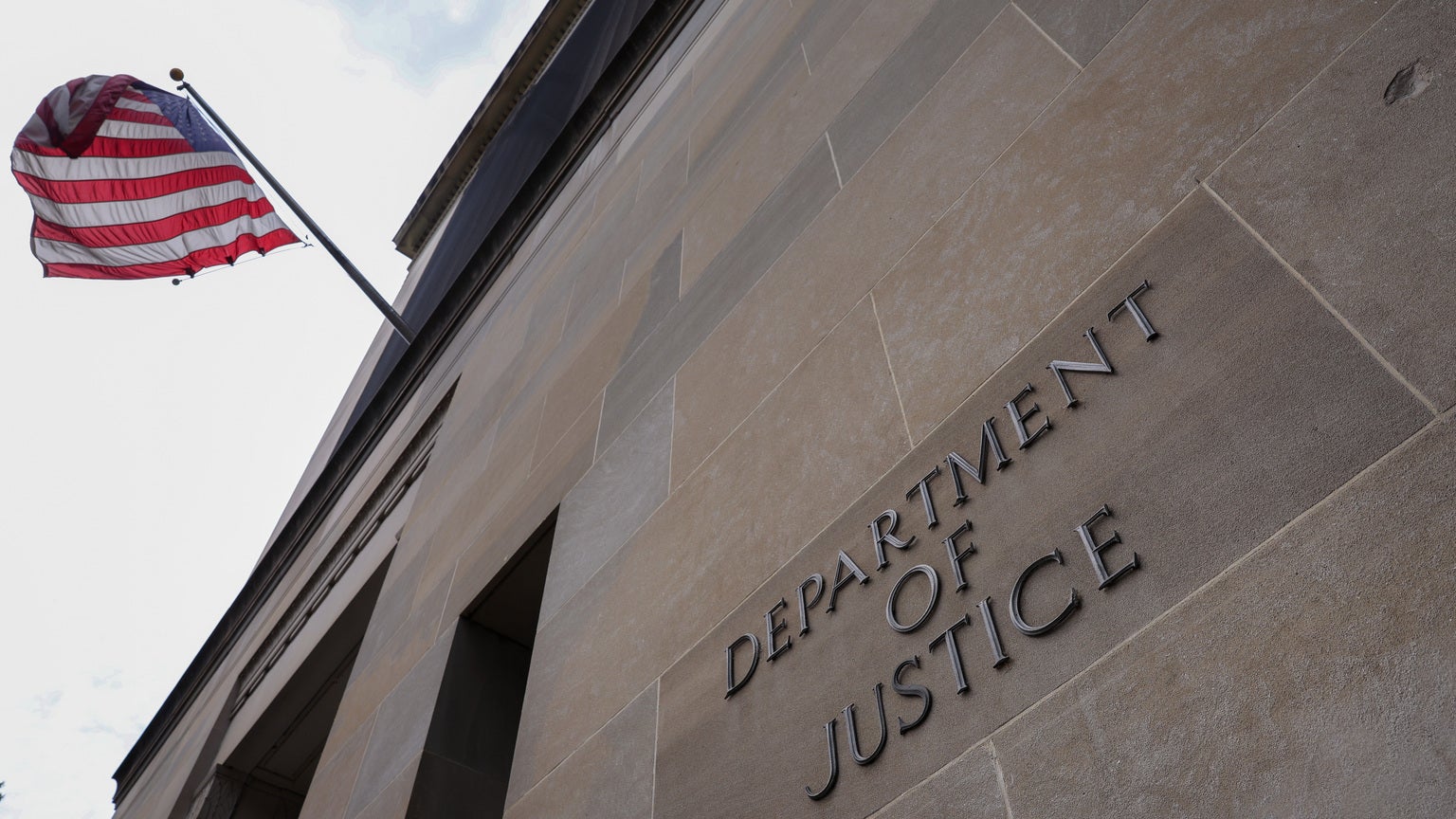Technology powerhouse Apple has agreed to pay $25 million to resolve allegations that it discriminated against qualified American workers in favor of cheaper foreign labor. The settlement with the Department of Justice (DOJ) is the largest ever under the anti-discrimination provision of the Immigration and Nationality Act (INA).
DOJ Investigation Finds Discriminatory Practices
 The DOJ began investigating Apple’s hiring practices under the Permanent Labor Certification (PERM) program in early 2019. PERM allows companies to hire foreign nationals for permanent residency, usually international graduates of U.S. colleges.
The DOJ began investigating Apple’s hiring practices under the Permanent Labor Certification (PERM) program in early 2019. PERM allows companies to hire foreign nationals for permanent residency, usually international graduates of U.S. colleges.
However, PERM requires employers to demonstrate good faith efforts to recruit U.S. workers before hiring immigrant labor. The DOJ found Apple was using less effective recruitment for PERM positions compared to its standard hiring practices.
For PERM jobs, Apple did not post openings on its external careers site like it does for other roles. The tech giant also mandated PERM applicants mail paper applications instead of applying online.
According to the DOJ, these practices essentially prevented U.S. citizens and lawful permanent residents from finding out about or applying for PERM positions. As a result, few or no Americans or permanent residents applied, allowing Apple to claim it couldn’t find qualified U.S. candidates.
$25 Million Settlement for Discriminatory Tactics
To resolve the DOJ’s findings, Apple will pay $18.25 million in back pay to people impacted by its discriminatory recruitment tactics, along with $6.75 million in fines.
The company must also align its PERM hiring practices with its normal recruiting methods. This entails posting PERM jobs externally, permitting electronic applications, and making PERM applicants searchable in its tracking system.
Apple Maintains Innocence But Agrees to Changes
In a statement, Apple said it had “unintentionally not been following the DOJ standard.” It claims to have already implemented reforms to comply with DOJ directives as it continues hiring American workers.
However, Apple asserts it adhered to PERM program requirements and did not intentionally discriminate. It contends any failure to meet standards was inadvertent error rather than purposeful discrimination.
DOJ Committed to Ending Discriminatory Hiring
Announcing the settlement, Assistant Attorney General Kristen Clarke said it reflects the DOJ’s commitment to abolishing illegal discriminatory employment practices. She emphasized that the DOJ will not tolerate unfair barriers preventing U.S. citizens and residents from competing for jobs.
Work Visas Often Less Expensive for Employers
Experts explain that foreign workers are frequently cheaper for companies than American employees. Immigrants reliant on employer-sponsored visas are also considered less likely to leave their jobs for new opportunities.
Some Companies Exploit Foreign Worker Programs
The Apple case highlights how certain companies may manipulate foreign worker programs to bypass qualified American applicants. However, the DOJ is clearly willing to prosecute discrimination in favor of cheaper immigrant labor.
The PERM program aims to help companies hire foreign talent when U.S. workers with required skills cannot be found. But it includes provisions to protect Americans from discrimination in favor of cutting costs.
Key Takeaways from Apple’s Settlement
 Companies using foreign worker programs must make real good faith efforts to recruit and consider qualified Americans, or face legal consequences.
Companies using foreign worker programs must make real good faith efforts to recruit and consider qualified Americans, or face legal consequences.- Discriminating against U.S. citizens and residents in favor of less expensive immigrant labor will prompt DOJ action.
- Apple’s $25 million settlement shows the DOJ’s commitment to combating discriminatory hiring practices.
- Foreign worker programs have guidelines to prevent exploitation of cheaper immigrant labor at the expense of eligible U.S. workers.
- Employers must comply with all requirements of programs facilitating permanent residency sponsorship.
Apple Pledges to Continue Hiring American Workers
 Apple maintains 90% of its U.S. positions are filled by American workers. The tech leader claims it is dedicated to recruiting U.S. employees and expanding its domestic workforce.
Apple maintains 90% of its U.S. positions are filled by American workers. The tech leader claims it is dedicated to recruiting U.S. employees and expanding its domestic workforce.
Under the settlement, Apple must train staff on anti-discrimination laws and comply with DOJ monitoring of its hiring and recruitment for three years. This oversight aims to ensure the company’s employment practices fully align with equal opportunity laws.
The blockbuster $25 million settlement underscores the DOJ’s staunch opposition to discriminatory hiring practices that shut out qualified American workers. Companies relying on foreign talent must strictly follow program guidelines or risk facing substantial legal and financial consequences.












Comments 1